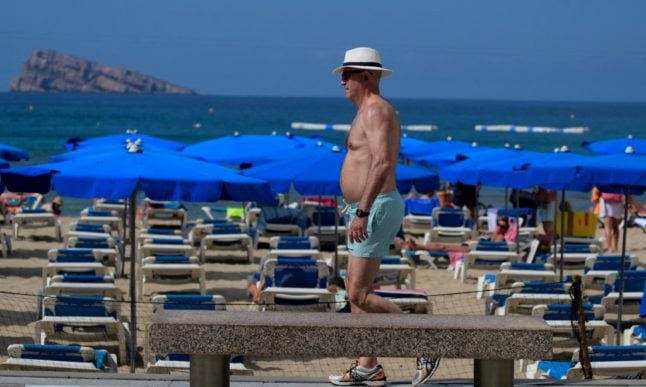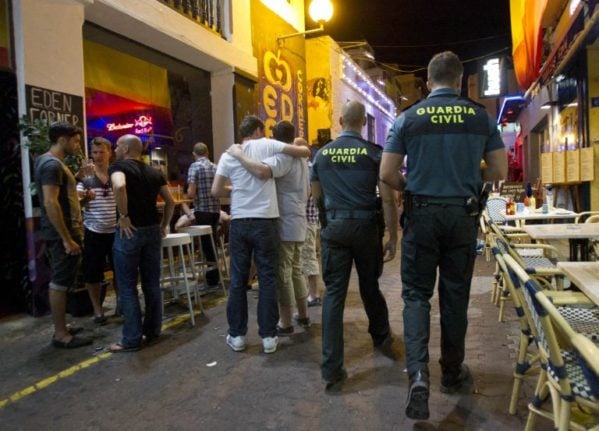Imserso is a social scheme offering holidays to the elderly. It aims to offer subsidised trips to pensioners in order to help them improve their quality of life and health, as well as to reduce their dependence on others.
The scheme also incentivises employment and economic activity, alleviating the problem of seasonal work in Spain’s tourism sector during low season.
It is also available to foreigners residing in Spain if they are:
- A person who is retired and part of the Spanish public pension system.
- A recipient of unemployment benefits or subsidies, aged 60 or older.
- Receiving a widow’s or widower’s pensioner who is 55 or older.
- A holder or beneficiary of Spain’s Social Security System, aged 65 or older.
READ ALSO – Imserso: Everything to know about Spain’s cheap holiday scheme for pensioners
If you’re eligible and are thinking about applying for the scheme this year, here’s what you need to know about the changes that are happening this year.
Imserso trips will continue to include full-board accommodation, as well as activities, that will not change for this year. The changes will affect other aspects of the trips, such as the duration or the number of places available.
The number of places available will change
For the 2023/2024 season, the number of places available within the scheme from October 2022 to June 2023 will be 813,000 places. Around 3,000 places have been cut since the 2022/2023 season. The government has justified the decrease by saying that there is also a drop in demand for this service.
In fact, it is expected that this shift will only cover 90 percent of the places, some 734,000. The number of places for different types of trips has also changed and for some, the number has increased. For example, there will be a total of 28,442 places for internal tourism trips. Spaces for thermal tourism will remain the same, 192,000, for the 2023/2024 season. Even so, only 127,750 places are expected to fill.
Duration of trips
The duration of the Imserso trips this year will vary. Holidays planned for stays of seven and a half days will be extended to eight, covering the last overnight stay in a hotel. There will be no two-week trips this year.
This year’s Imserso budget has grown by 14 percent compared to last year’s, reaching a total of €6,672 million, which allows, together with the elimination of two-week trips, that the stays be extended that half day more.
Changes to deadlines to request trips
The period to request a place in the trips between February and August ended on January 9th, however, applications for the holidays between September to December are still open until May 15th. The application deadlines this year are until May 14th for trips from February to August 2024 and until May 15th for the second shift of 2023.
The cost of the trips
Depending on the type of destination and the duration (between seven and nine nights) and if transportation is chosen or not, it is estimated that each trip for the 2023/2024 season will cost:
Peninsular coastal zone: From €212.96 to €269.83. Without transport, between €196.02 to €235.95.
Coastal zone Balearic Islands: With transport, between €248.96 and €308.37; and without, between €195.78 and €236.07.
Coastal zone Canary Islands: With transport, from €330.51 to €405.53. Without transport, between €195.72 and €235.95.
Internal tourism: the cultural circuits of five nights and six days will cost €272.71, the nature tourism of four nights and five days will be €266.81; the provincial capitals of four nights and five days, €115.98; and trips to Ceuta or Melilla, €266.81.



 Please whitelist us to continue reading.
Please whitelist us to continue reading.
Member comments